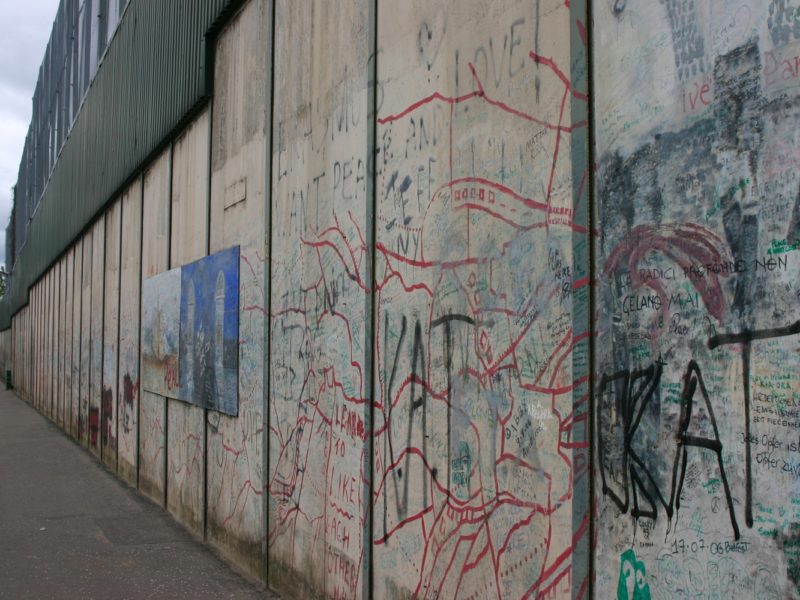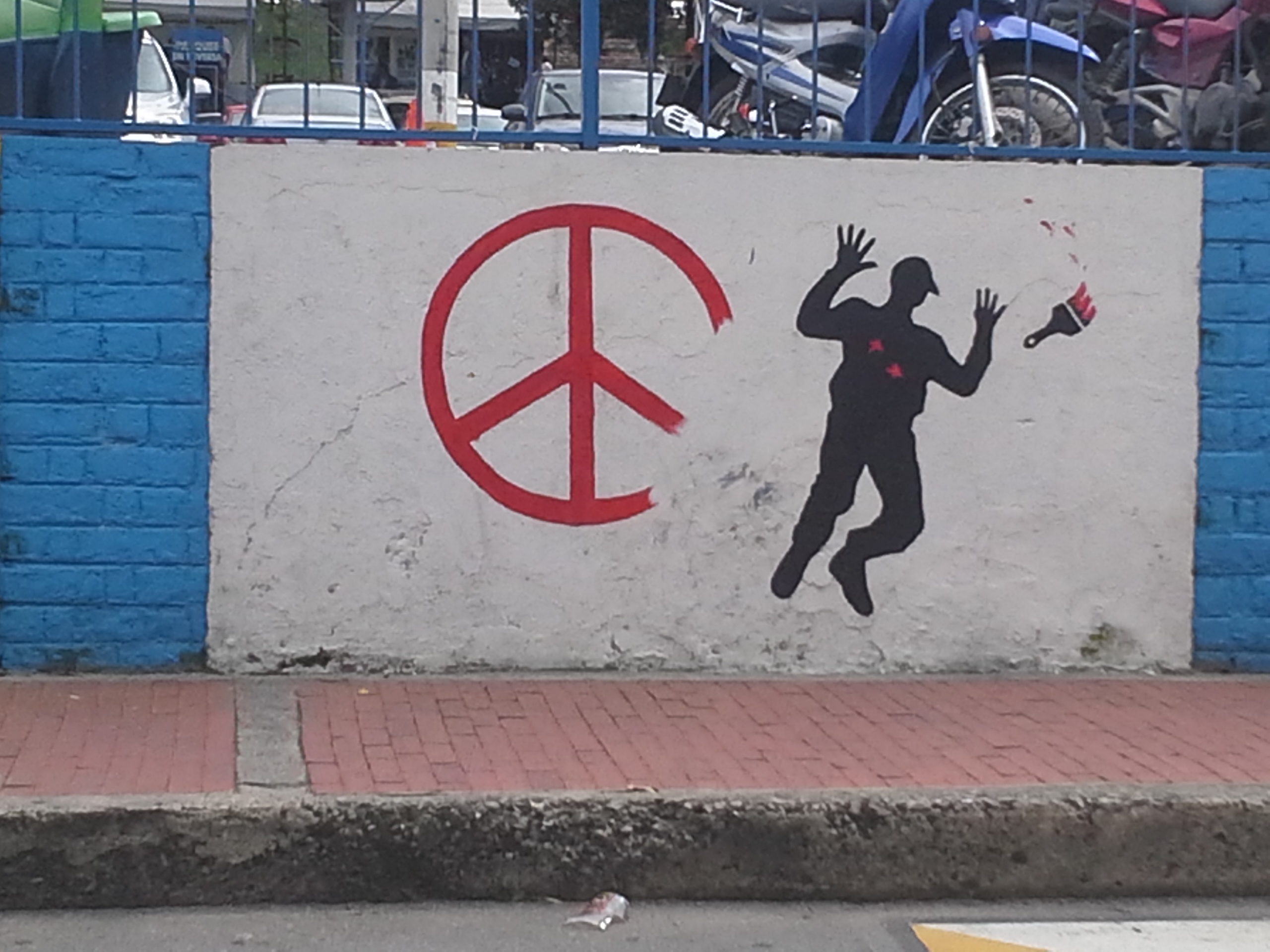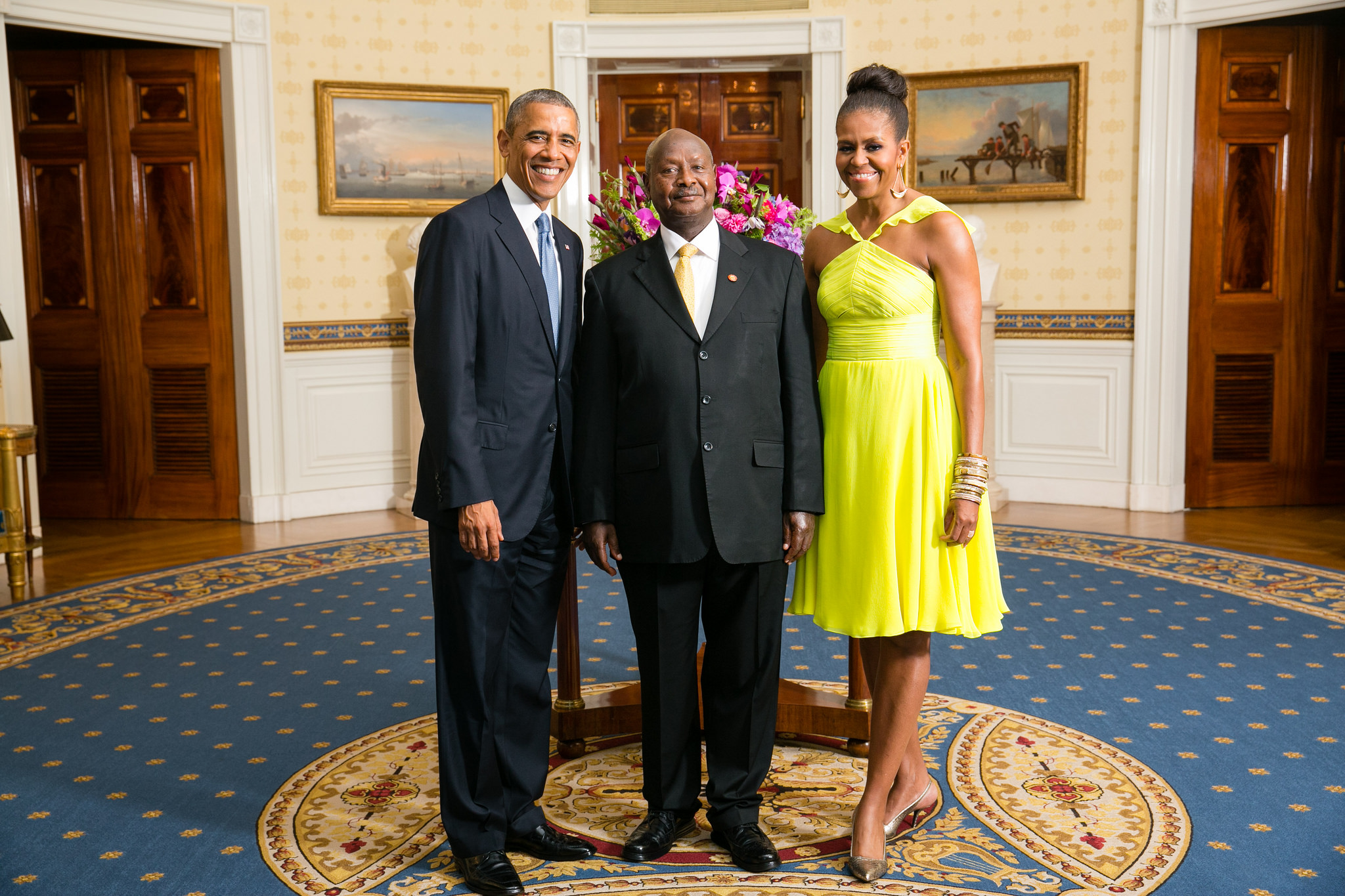Guest post by Dale Pankhurst
For 30 years, Northern Ireland was scarred by a period of deadly sectarian violence known as “the Troubles.” Catholic nationalists and Protestant loyalists violently clashed over Northern Ireland’s constitutional status. A peace settlement has reduced tensions since 1998, but the UK and EU’s Brexit deal puts Northern Ireland’s fragile peace at risk.
Key to the Brexit deal is the Northern Ireland Protocol, which came into force nearly one year ago and was designed to prevent checks along the border between Northern Ireland (in the UK) and the Republic of Ireland (in the EU), following Brexit. Immediately, ports began implementing customs checks on goods moving between Northern Ireland and the rest of the United Kingdom, signaling a realignment of Northern Ireland’s place within the United Kingdom—one many Unionists/Loyalists (i.e., those who support Northern Ireland’s position within the UK) view as a breach of the Good Friday Agreement. In response to the Protocol, there have been threats of violence by Loyalist paramilitaries as well as the potential emergence of dissident Loyalist paramilitary organizations.
Why has the Northern Ireland Protocol and the Brexit negotiations increased the likelihood of a return to violence in the province?
Since the signing of the Belfast Agreement in 1998, which brought about relative peace between the opposing sides involved in the Troubles, several events and processes around identity-based issues have produced a feeling of injustice within Unionism/Loyalism. Issues such as contention around Orange parades; the prospect of Irish language legislation; the reform of policing; social housing difficulties; prisoner releases; convicted IRA prisoners holding public office as Sinn Fein politicians; various electoral setbacks for Unionism; as well as a continued campaign of violence by dissident republicans have invoked a sense of loss and defeat. The implementation of the Protocol is the latest in a line of grievances causing political headaches for Unionism and Loyalism.
However, what sets the Protocol apart from past contentious issues is that it is viewed as an acute, direct assault on the fabric of the Union. Prior to the conclusion of UK-EU negotiations, both Irish politicians and lobby groups warned that a return to a hard border on the island of Ireland would create instability and likely bolster armed dissident republican groups who remain opposed to the peace process. The former prime minister of Ireland, Leo Varadkar, tweeted a photograph of a Provisional IRA bomb attack on a customs post during the Troubles, perhaps using the threat of violence from dissident republicans as a negotiating tactic during the Brexit negotiations. Adding to these threats, the ‘New’ IRA stated to a Channel 4 news team that customs posts along the Northern Ireland border would be viewed as a ‘legitimate target’ to attack.
Many from within the Unionist and Loyalist community view the creation of the Protocol not only as a placation to the threat of violence, but as a signal that violence wins over non-violence: a dangerous precedent in a post-conflict society where emotions and tension still exist over a toxic legacy. Northern Ireland has faced a similar situation before. In 1969, large acts of non-violent resistance by the predominantly pro-nationalists tipped over into violence during the Battle of the Bogside.
The formation of the Loyalist Communities Council (LCC) in 2015 was designed to address some of the grievances of working-class Loyalist communities that the LCC argued were neglected. It was also purposed to reconnect Loyalism back into civic society. The Council was supported by the main Loyalist paramilitary organizations: the Ulster Volunteer Force, the Ulster Defence Association, and the Red Hand Commando, adding weight to any public statements made. Earlier this year, the LCC was called to give evidence to the Northern Ireland Affairs Committee. A young member of the panel, Joel Keys, stated the following:
“I am not sure if and when violence will be the answer. I am saying I would not rule it off the table.”
In addition to this, the Chairman of the LCC, David Campbell, said the following during the same Select Committee hearing:
“I think we definitely could creep over into violence. I’ve described this as probably the most dangerous situation for many years.”
Orchestrated, province-wide protests began in the spring, some of which resulted in outbreaks of violence and street disorder. Loyalists and republicans attacked each other with petrol bombs and fireworks at the Lanark Way interface in West Belfast in some of the worst street disorder witnessed since the recent armed conflict. Violent protests continued across Northern Ireland but were briefly halted due to the death of Prince Philip, Duke of Edinburgh, allowing breathing space for dialogue and discussion at the community level.
The resumption of protests after the relatively peaceful marching season, where thousands of pro-Unionist and pro-Republican parades and demonstrations are held throughout the spring and summer, indicates tempers are beginning to flare again. The additional Protocol checks scheduled for Northern Irish ports will exasperate anger and tension within the Loyalist community. How much progress the British Government and the European Union make with renegotiating the Protocol will be crucial to prospects for peace and stability in Northern Ireland.
Dale Pankhurst is an ESRC NINE DTP Ph.D. candidate at Queen’s University Belfast. He previously completed both his B.A. in International Politics and Conflict Studies and his M.A. in Politics at Queen’s, receiving the Frank Wright Prize for excellence during postgraduate study.







2 comments
A very well constructed and precise article Dale.
Unlike many other pro Republician articles, this was a factual account of what is actually going on in Northern Ireland today and every day.
Who will the violence be against and why/where etc . Will the London govt be on the receiving end at all?